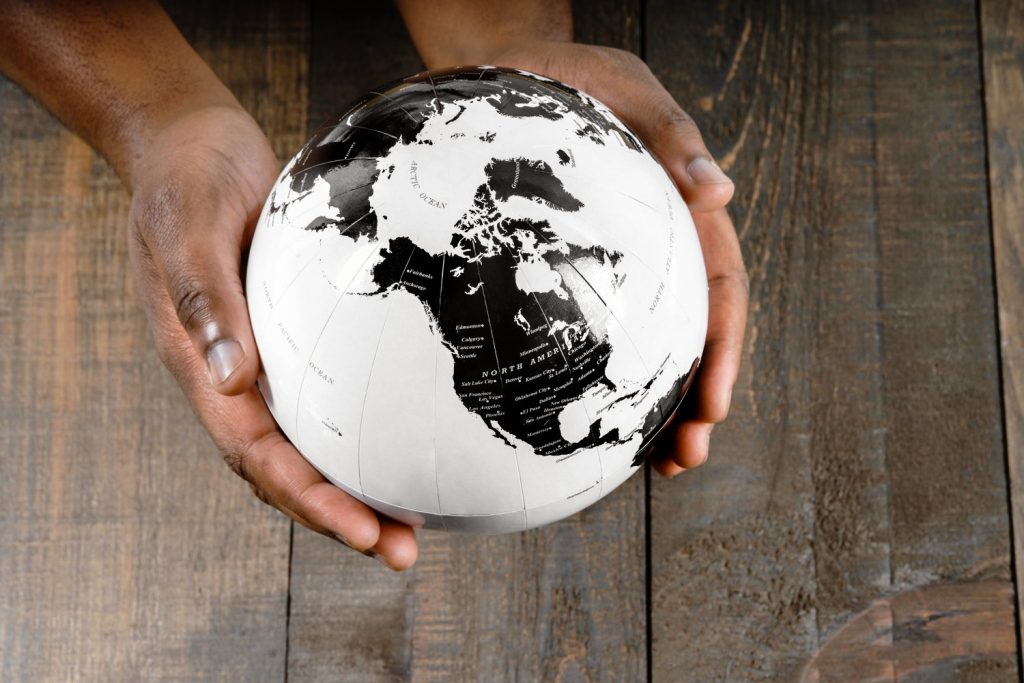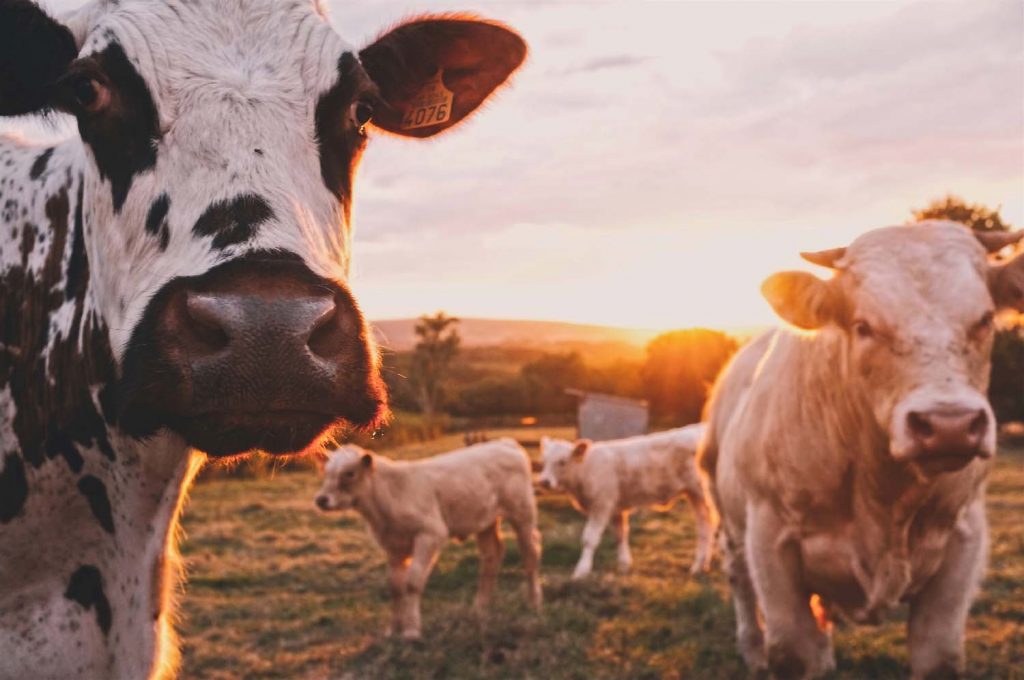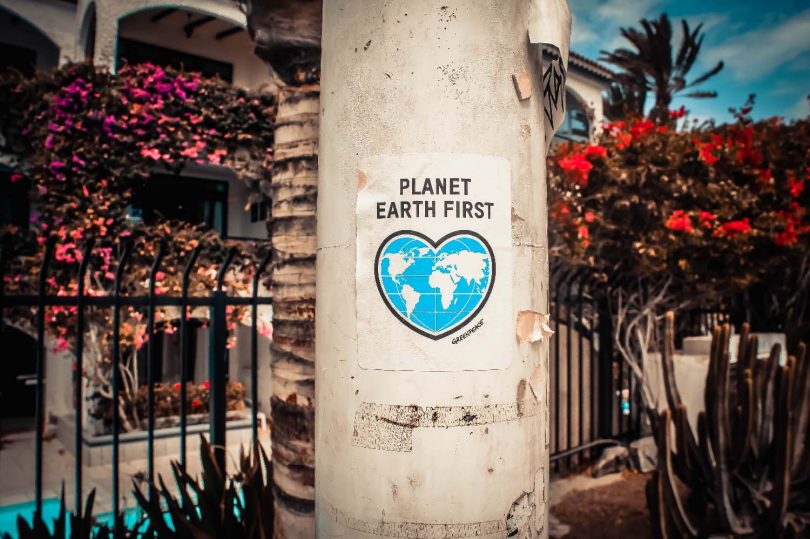What little or humongous things do you do, to be environmentally considerate?
Recently, a member of a group posted “I’d love to know what changes you’re making in your home / life to help better the planet. I’d love to make changes too so a little push from those who are already making a change will really help.”
A friend of mine drew my attention to the post, and I’m so glad because it gave me the opportunity to think about what I do to be environmentally considerate and revisit why I do them i.e., is it to reduce how much water I use, is it about plastic or something else.
Here are the little and humungous things I do, to be environmentally considerate
- I went dairy-free and then vegan about 11 years ago
- The food we buy is plant-based
- Our furniture is vegan
- We use vegan cleaning products
- We opted for a car that had non-leather seats
- Our bed and bedding are free of feathers
- I keep a cloth bag in my handbag in case I buy something spontaneously
- I keep ‘lifelong’ plastic bags in the car so that they’re available when we go shopping, for us to use over and over again
- I wear what I like, as opposed to, what’s ‘in’ and that means I don’t keep buying new items and then have to ‘dispose’ of old ones
In a nutshell, everything that I eat is plant-based and everything I buy is vegan. This covers cosmetics, clothing, shoes, jewellery, household items, cleaning products and so on.
Recent changes
- I have started using Modibodi to reduce plastic waste when it’s that time of the month
- I’m very keen on reducing, reusing and recycling, so I have a collapsible cup in my bag and one in the car so that I don’t use a throw-away cup when I buy a cuppa to go.
- I use a metal flask instead of plastic bottles – I have a large one for long walks and a smaller one, which fits in my handbag
- I donate sellable items to shops that fundraise for charities
- When I’m not sure about whether an item is sellable or not, I use Olio, Freecycle, Freebies on Gumtree and charities like Trinity Homeless Projects to ensure things aren’t wasted
- I cook from scratch most of the time and I try and buy loose ingredients to reduce waste from packaging
- When I order groceries online, I opt for bagless deliveries even though it may take a little longer to transfer the goods into our home
- I soak a few items when I’m washing up and transfer the water from them to those that haven’t been soaked in order to reuse the same water
- I try and avoid keeping the water running when I’m washing up, brushing my teeth, or letting the conditioner absorb into my hair
- I use socket timers to avoid using electricity unnecessarily whilst also preventing the overcharging of electrical devices, which will have an impact on the device’s battery life and therefore electrical waste
- I plan meals to help me think less, and also avoid wasting food
- We switched from plastic containers to glass ones a few years ago. They can be reused over and over again, and they don’t warp when hot things are put in them and are better in many other ways too
In summary, whenever I make a purchase, I consider whether I need it and I check if it’s vegan or not.
What about travel?
We are vegan when we’re on holiday, at weddings, family events etc i.e. we don’t shift from vegan to veggie according to where we are or who we’re with. This means I’m true to how I feel, but it also helps me feel consistent and secure and it means that I don’t have to spend time or energy thinking about what I’m willing to consume, repeatedly, in different situations.

What’s the connection between going vegan and being environmentally considerate?
These snippets from various articles will help explain the connection.
“Eating a vegan diet could be the “single biggest way” to reduce your environmental impact on earth, a new study suggests. Researchers at the University of Oxford found that cutting meat and dairy products from your diet could reduce an individual’s carbon footprint from food by up to 73 per cent.”
~ The Independent
“Meanwhile, if everyone stopped eating these foods, they found that global farmland use could be reduced by 75 per cent, an area equivalent to the size of the US, China, Australia, and the EU combined. Not only would this result in a significant drop in greenhouse gas emissions, but it would also free up wild land lost to agriculture, one of the primary causes for mass wildlife extinction.”
~ The Independent
“The findings reveal that meat and dairy production is responsible for 60 per cent of agriculture’s greenhouse gas emissions, while the products themselves providing just 18 per cent of calories and 37 per cent of protein levels around the world.”
~ The Independent
“It is far bigger than cutting down on your flights or buying an electric car, which would only reduce greenhouse gas emissions. Avoiding consumption of animal products delivers far better environmental benefits than trying to purchase sustainable meat and dairy.”
~ Joseph Poore quoted in The Independent
“Plus, all the deforestation, overfishing and pollution caused by meat and fish industries limits the overall capacity of the Earth to produce food. If more farmland was used to grow crops for humans, then more people could be fed at less of an expense to the planet.”
~ Global Citizen
“Hundreds of millions of people around the world don’t have access to clean water. Livestock guzzle more fresh water than just about anything else. They’re also one of the biggest polluters of fresh water.”
~ Global Citizen
“Cutting down on just one kilo of beef saves 15,000 litres of water. And replacing a roast chicken with a hearty veggie chili or bean stew (which has similar protein levels) saves 4,325 litres of water.”
~ Meghan quoted in Global Citizen

“Similar to how livestock pollute water, they also erode and weaken soil. This is partly because raising livestock usually leads to deforestation. The world loses roughly the size of Panama each year to deforestation, which also accelerates climate change.”
~ Global Citizen
“All the livestock in the world cause more air pollution than all the cars, buses, planes, ships and other modes of transportation in the world combined.”
~ Global Citizen
“Going vegan brings greater environmental benefits than buying a hybrid vehicle or eschewing showers for 6 months.”
~ One Green Planet
“It takes 2,400 gallons of water to produce one pound of beef, but only 25 gallons to produce a pound of wheat. Raising animals for food uses 30 percent of the Earth’s land mass – or an area about the size of Asia.”
~ One Green Planet
“7 football fields of land are bulldozed every minute to create more room for farmed animals.”
~ One Green Planet
“Along with being water-intensive, the animal agriculture industry is responsible for consuming large amounts of energy. To put this into perspective, it takes about 11 times more fossil fuel to produce one calorie of animal protein than it does to produce one calorie of plant protein.”
~ Last Chance For Animals
“The U.S. Environmental Protection Agency estimates that approximately 80 percent of ammonia (NH3) emissions originate from livestock waste — while chickens, turkeys, pigs, and cows are considered to be the largest producers of methane. Put simply, the livestock industry produces anywhere from 20 to 50 percent of all man-made greenhouse gas emissions. Compared to meats, cheese, and eggs — vegetables, fruits, nuts fall much lower on the carbon footprint spectrum.”
~ Last Chance For Animals
“An interesting study published in Nature Communications found that the only feasible method of feeding the world with no deforestation was if everyone consumed a plant-based diet.”
~ Last Chance For Animals
The quotes above were sourced from the following articles:
I believe that there’s no doubt that going vegan will have a huge positive impact on the hungry, on water availability, on the quality of the air and more.
Main photo by Photo Boards on Unsplash



